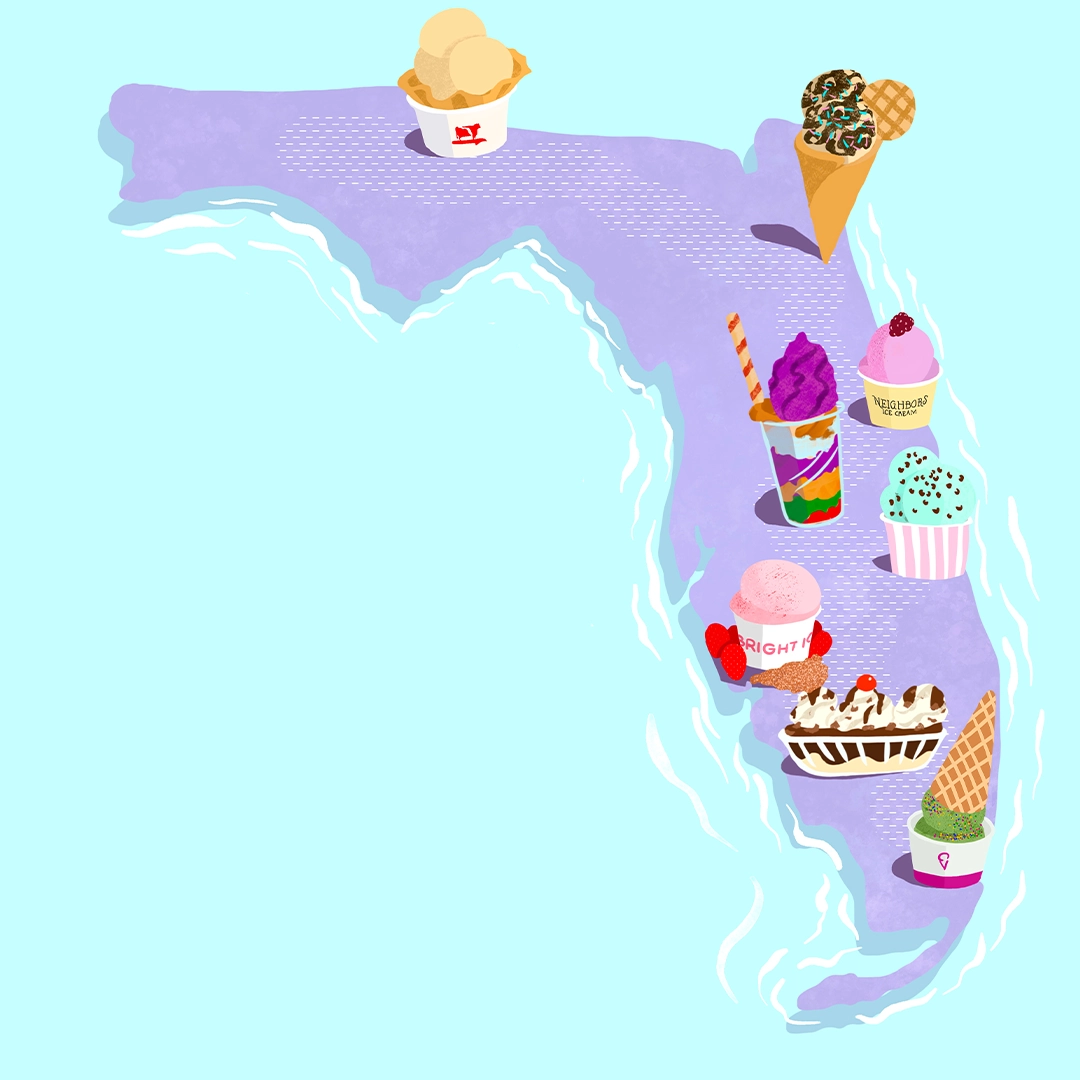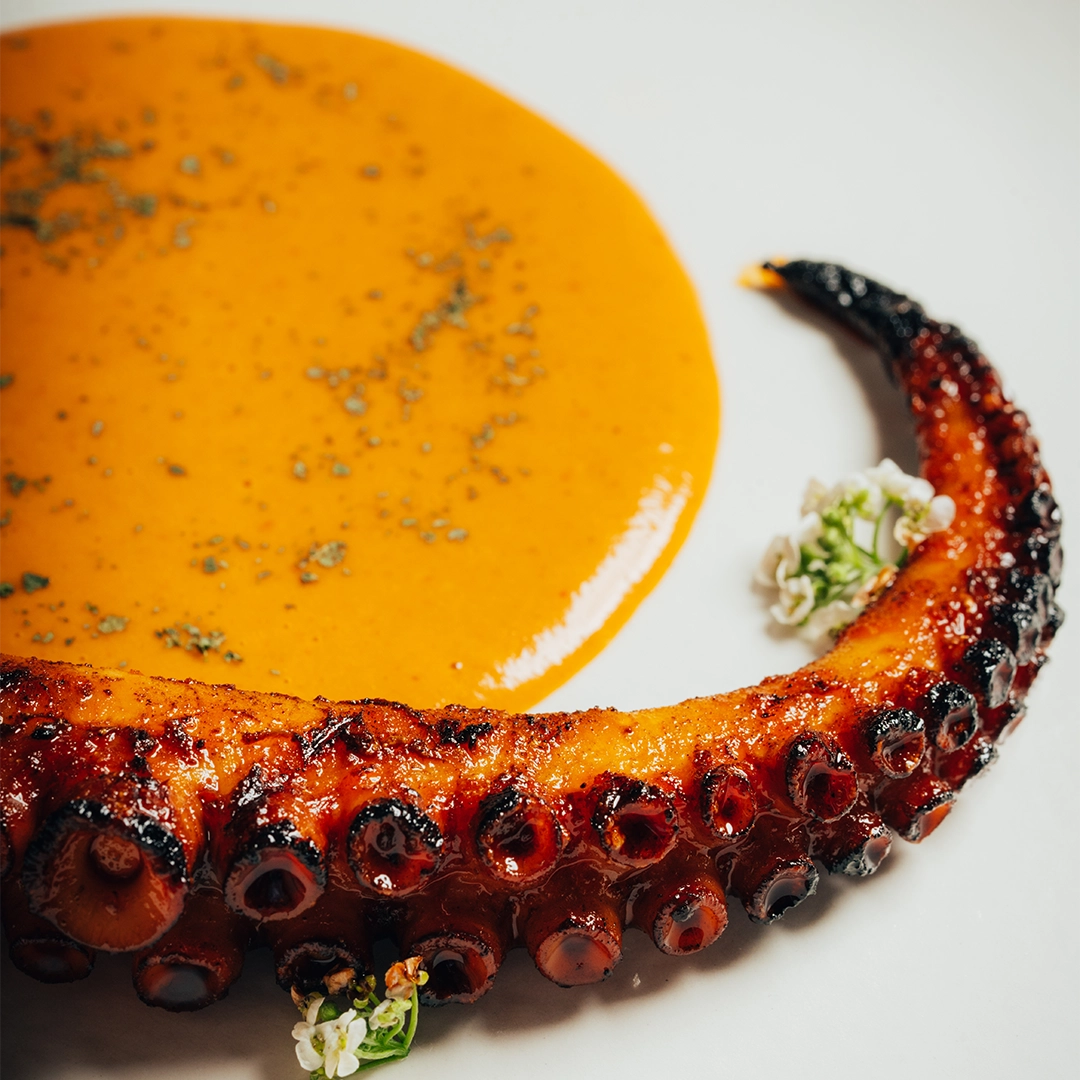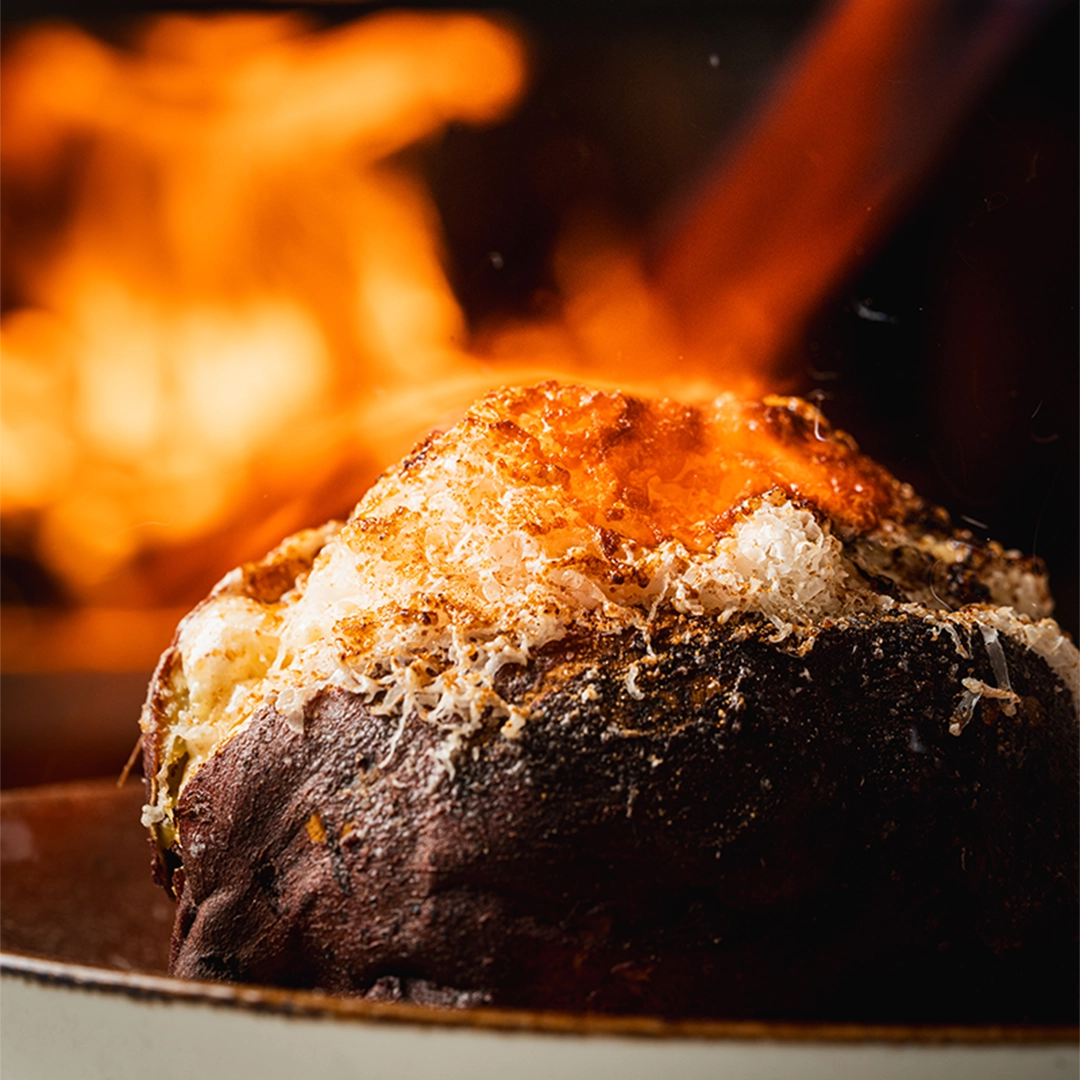by Eric Barton | August 29, 2024
Barry Honan’s Journey to Lotus Noodle Bar
Barry Honan, of Lotus Noodle Bar, had a nice life in St. Augustine before he risked everything to cook in the world’s best kitchens.
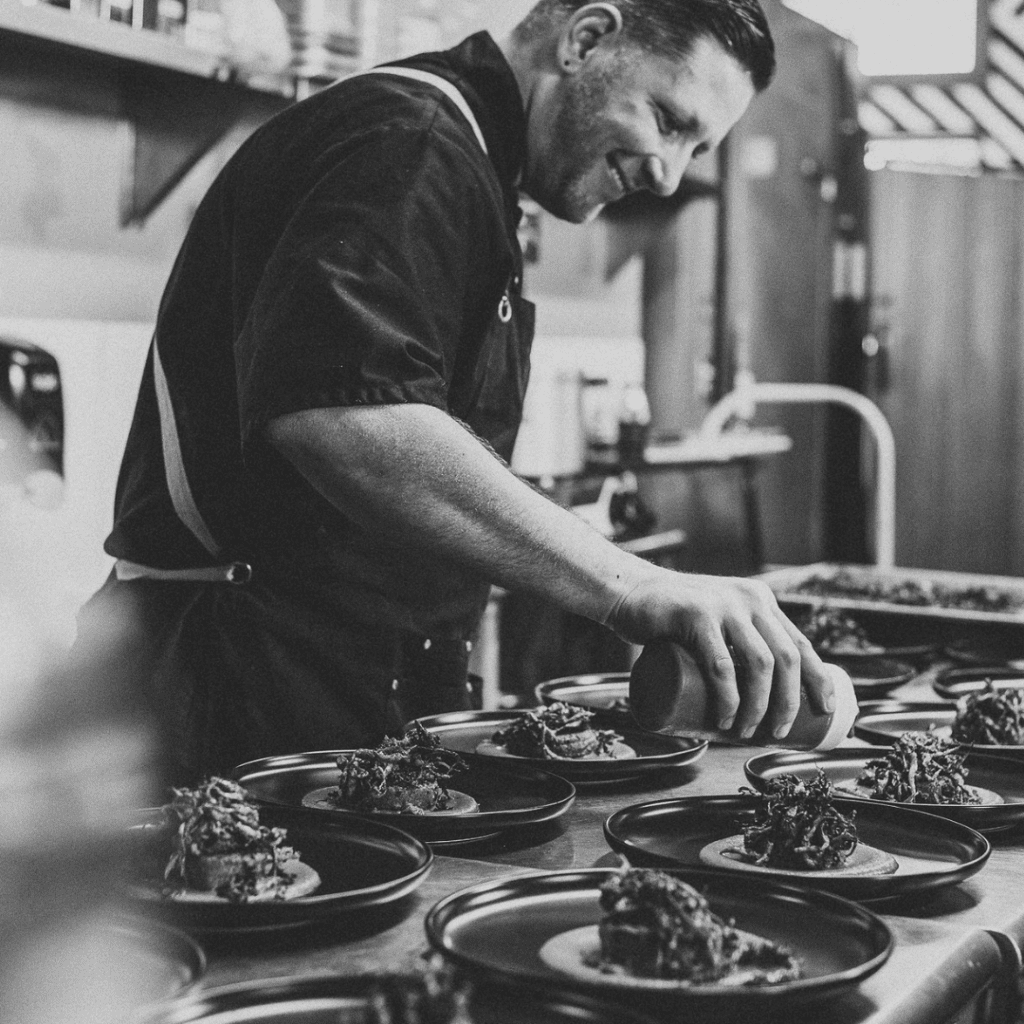
If there’s one moment Barry Honan looks back on from his time working at the country’s best restaurants, it’s the night Alec Baldwin walked in. “Oh, man,” Honan says. “The Alec Baldwin night.”
Honan was working as a line chef at Le Bernardin, which was ranked as the world’s best restaurant at the time. Baldwin ordered the fish, a dish Honan was responsible for that night. One by one, the entrees ordered by Baldwin’s guests landed on the expo station, where dishes stay hot before heading out. Except the fish. Honan needed more time.
“I just remember them yelling, ‘Barry, where’s the fish?’” he recalls now. “And then a minute later, ‘Where’s the fish, Barry?’”
Humbling is a word Honan, 41, uses a lot when talking about those early days cooking at Le Bernardin. Here he was, a mid-career chef who thought he knew how to cook, relearning everything about working in a kitchen.
The fact that Honan was there at all is a career route almost nobody follows. Nowadays, Honan is the chef and owner of Lotus Noodle Bar back home in St. Augustine. But that New York night, the Alec Baldwin night, was a result of what some might describe as a reckless leap of faith. It started when Honan put everything—his young family, his friends, the life he’d known in Florida—on hold.
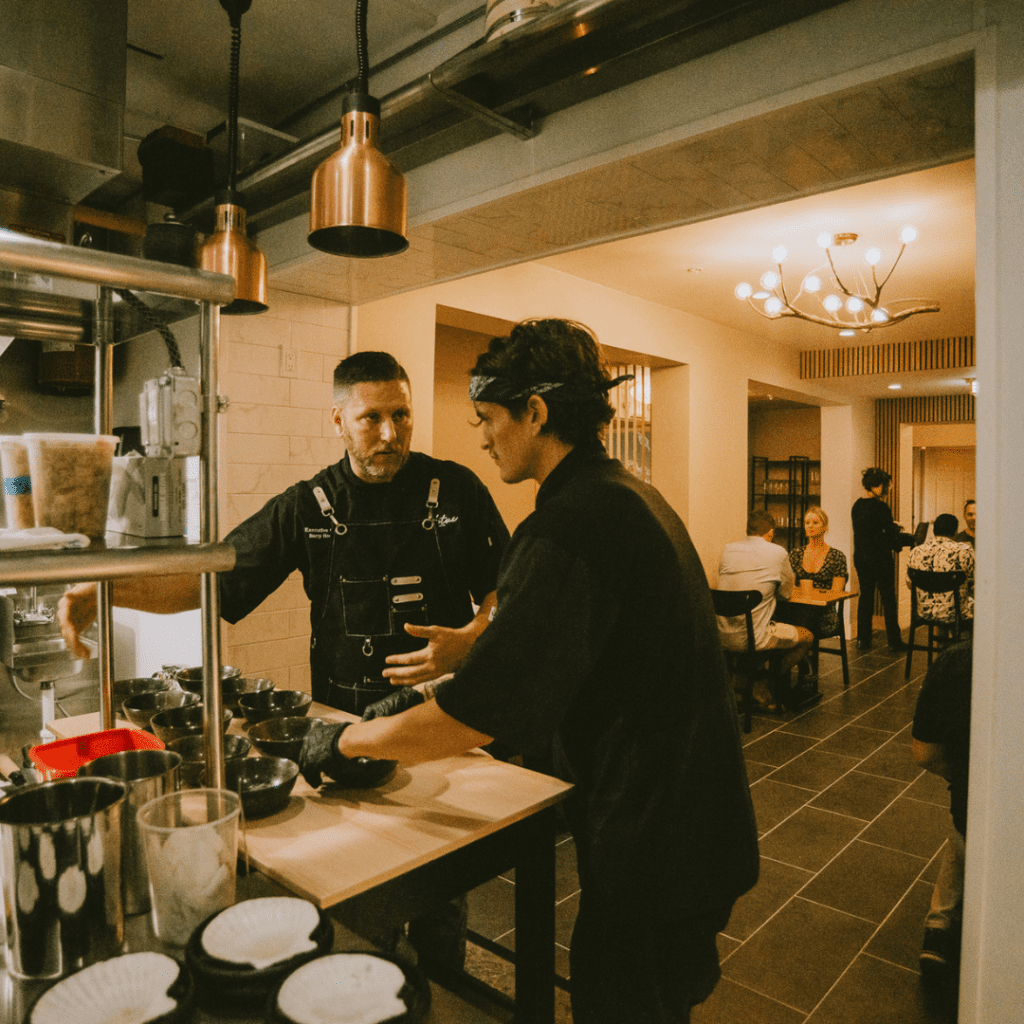
Until then, Honan had the kind of story familar to a lot of small-town chefs: a family where food is everything and working in restaurants from a young age, with the hope of one day becoming head chef. For Honan, it started in New Jersey, where his Italian mom taught him how to stir sauce and roll meatballs when he could barely reach the stove. Mom was a nurse, and Dad worked as an executive for a boat builder. At 16, he washed dishes at a breakfast joint, then flipped pancakes, bacon and eggs on the line. A sushi place came next, a move to St. Augustine and a job at The Floridian, where he worked alongside chef and co-owner Genie McNally.
Barry Honan shared his mom’s secret meatball recipe
Honan spent six years at The Floridian. He met his partner Lauren Woinski, who worked as a server. They had a baby. They had a good life. It all might have continued like that if Honan hadn’t gone to Le Bernardin for his birthday in 2016. He emailed the restaurant and its legend of a chef, Eric Ripert, and asked for a job. They offered him a stage, essentially an unpaid internship. Imagine what it would take to make that kind of decision. He had a woman he loved, a baby, a good job. And he walked away from that for an internship that paid nothing. “That was one of the hardest things of my life, just leaving everyone behind,” he remembers.
On the line at Le Bernardin, he worked alongside culinary school students still learning how restaurants operated. With years of experience, Honan had an advantage. But he also had to learn a regimented French brigade system with a military-style chain of command, of which Honan was now a grunt.
“I realized very quickly I didn’t know shit. They break you down and they rebuild you, and it brought me to the chef I am today,” Honan recalls. “Cooking at Le Bernardin was a whole new level. It was a new chapter in my life.”
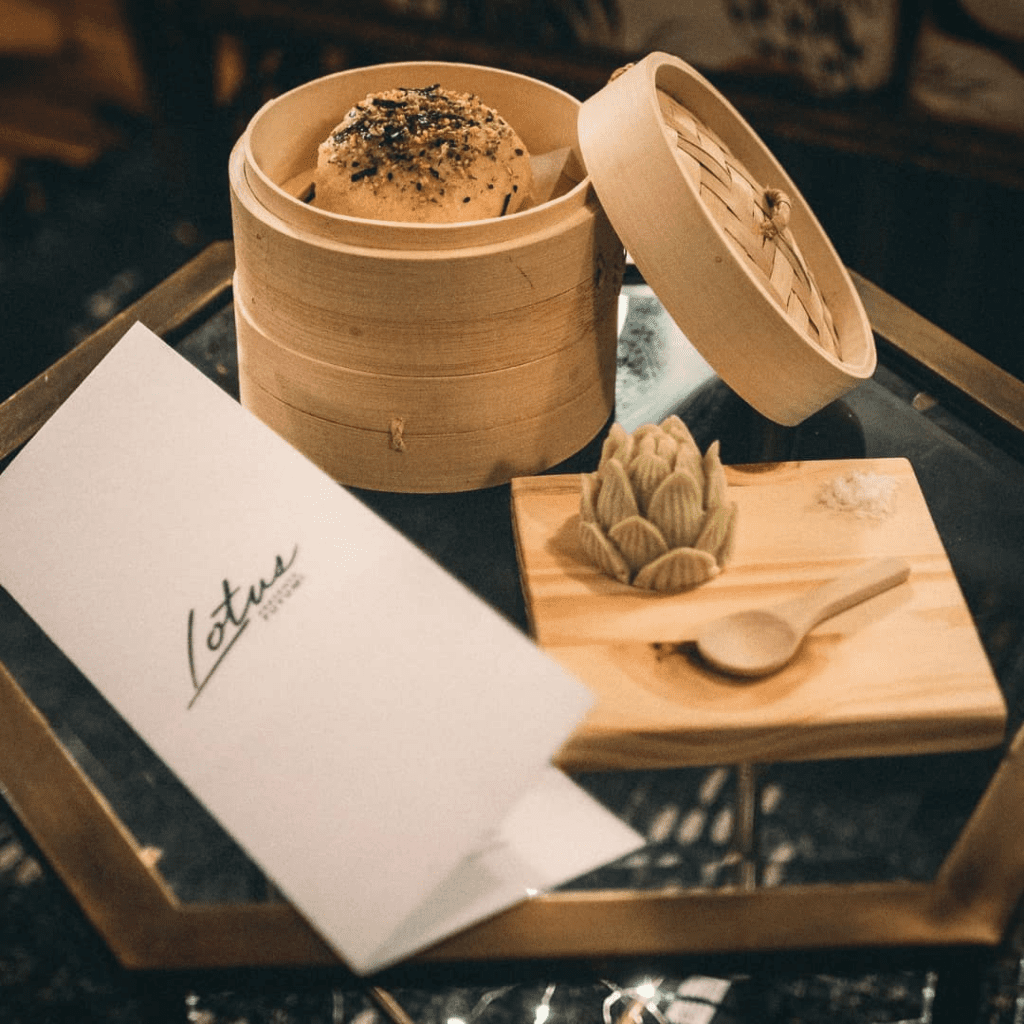
At the end of the stage, they offered Honan a job as sous chef, and he spent one year in that position. Honan cooked when Michelin inspectors were upstairs and celebrities had a seat at the table, including Oprah, Michelle Obama, and of course, Alec Baldwin. “He was the last one to get his meal, and it was my fault,” Honan recalls. Work weeks surpassed 70 hours. But on his days off, he’d stage at some of the best restaurants in New York. He also worked for free at ramen restaurants, an obsession of his, and he started dreaming of opening his own noodle place one day. It would be a “turn and burn” shop back home, making traditional Japanese ramen at a quick pace.
Try a bite of chef Barry Honan’s Sesame Noodles.
Then the pandemic hit, and Le Bernardin, like everywhere else in New York, closed. Honan returned home and became something he hadn’t been since he was a kid: unemployed. When restaurants opened back up, Honan dived even deeper into what he could learn. He went to Chicago to work for free at Alinea, then to California and The French Laundry, where they offered him a job on the line. Then his second child was on the way, and he chose to return to his life back in Florida.
St. Augustine could become a Charleston. It’s not yet, but we’re on our way here.
—Barry Honan
In 2021, he started making ramen in his kitchen, and he’d drive around St. Augustine delivering it to 25 people or so. He started doing pop-ups around town, putting out seven-course tasting menus using the kind of techniques he’d picked up from those famous kitchens. The idea of a cheap ramen bar seemed behind him. He started looking for locations to make things permanent, and after a year renovation, Honan and Woinski opened Lotus Noodle Bar. Woinski runs the front of the house, and Honan takes what he learned from the French kitchen brigade system and the long list of famous chefs he worked for and turns it into something of his own. “I essentially live here,” Honan says. “I’m the first person on the scene, the last person to go. We’re just getting started, and we’ve just scratched the surface of what we’re capable of doing.”
Beyond the techniques Honan uses, Lotus is defined by the ingredients he sources, like scallops from Hokkaido, Japan and prefecture and sweet potatoes from Okinawa, Japan. There’s an open kitchen so people can watch the cooks at work and a lot of tableside presentations, where Honan comes into the dining room to explain the dishes and add finishing touches.
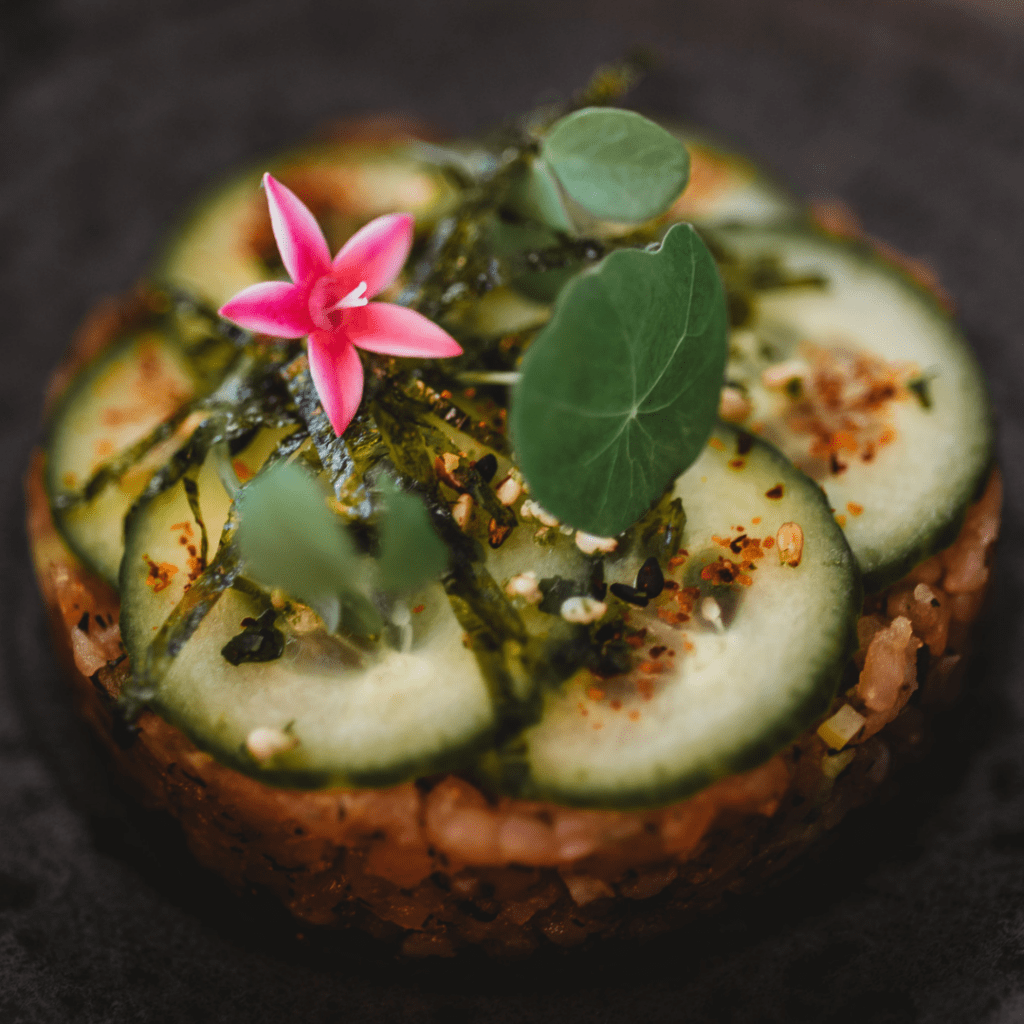
Honan’s goal now is beyond making Lotus widely known: he wants to do the same for St. Augustine, where he says a few chefs are working to create a dining scene beyond the touristy places that used to dominate.
“St. Augustine could become a Charleston. It’s not yet, but we’re on our way here.”
Now, it’s hard for him to consider what he would’ve done if he had said no eight years ago: if he hadn’t left everything for a chance at something better, that huge risk that so few of us take, the one that turned him into a great chef.

